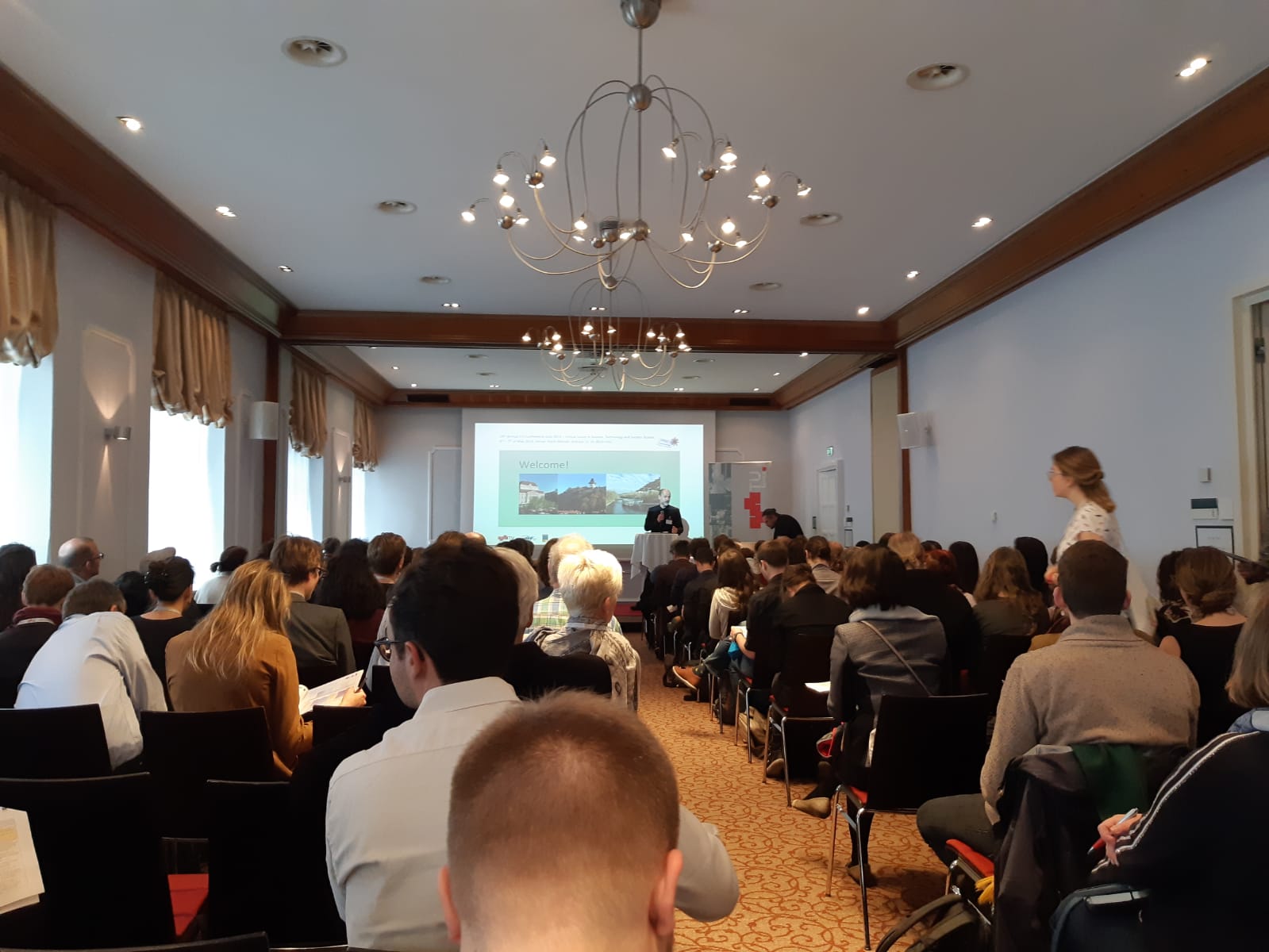
06May
CLIC at the 18th Annual STS Conference Graz 2019
Is the Circular Economy able to transform the built environment in cities?
This is the overarching question the CLIC project will deal with at the 18th Annual STS Conference Graz 2019 “Critical Issues in Science, Technology and Society Studies” on 6-7 May.
Section 18, chaired by Gillian Foster (Vienna University of Economics and Business), focuses on new researches exploring Circular Economy concepts that transform the urban built environment to be more sustainable, inclusive, and future-ready.
Circular Economy concepts are well suited to the building and construction sector in cities. For example, refurbishing and adaptively reusing underutilized or abandoned buildings can revitalize neighborhoods whilst achieving environmental benefits. New business models promote building materials sourced from biomass or recovered construction wastes in order to replace fossil-fuel-intensive building materials. In addition, cultural heritage buildings are modified to reflect the new needs of communities whilst increasing public access to icons of unique local cultures. Nevertheless, today these examples are primarily niche interventions.
The research challenges, both theoretical and practical, are how to apply and scale-up circular economy models for the urban landscape. With an STS perspective on the issue, we look beyond the barriers and drivers of certain technological solutions to a broader societal concept.
Actually Gillian Foster and Halliki Kreinin (Vienna University of Economics and Business) will discuss the environmental impacts of cultural heritage buildings from the circular economy perspective while Antonia Gravagnuolo (IRISS CNR) will describe Circular Economy strategies for Cultural heritage Adaptive Reuse. Marco Acri, researcher at the University of Nova Gorica (ETCAEH), will focus on the circular character of building tradition, exploring the challenges for the HUL approach. Magdalena Roszczynska-Kurasinska and Anna Domaradzka (University of Warsaw) will talk about individual factors in implementing innovation in a circular way.
Jermina Stanojev from Uppsala University will explain how smart specializations strategies can contribute to cultural heritage adaptive reuse.
